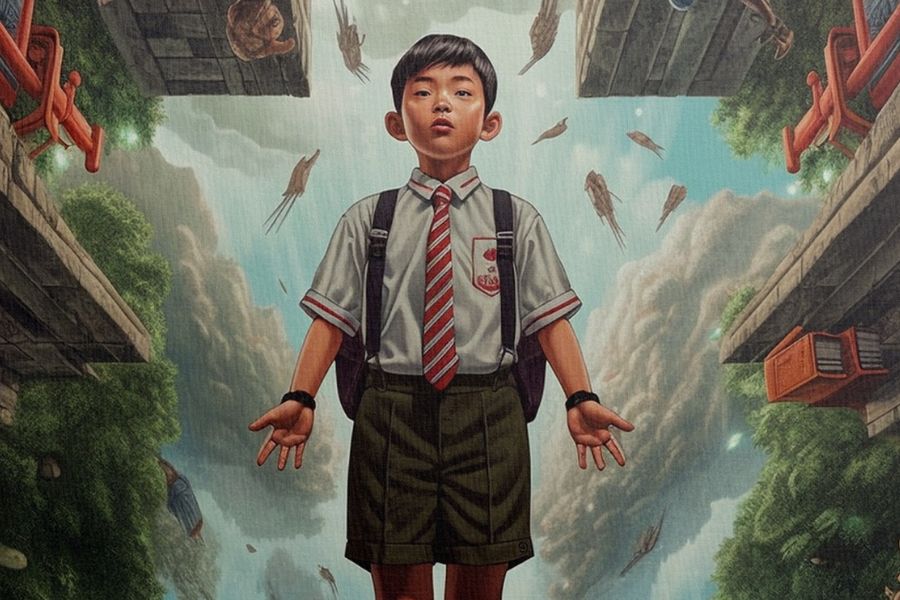RGA taps into AI-generated art to shine a light on mental health disorders in Singapore
The exhibition entitled "Prompting Feelings" features the work of eight unique artists, each portraying their own struggles with mental health from schizophrenia to anxiety disorder, bipolar disorder and more.
by Staff Reporters

